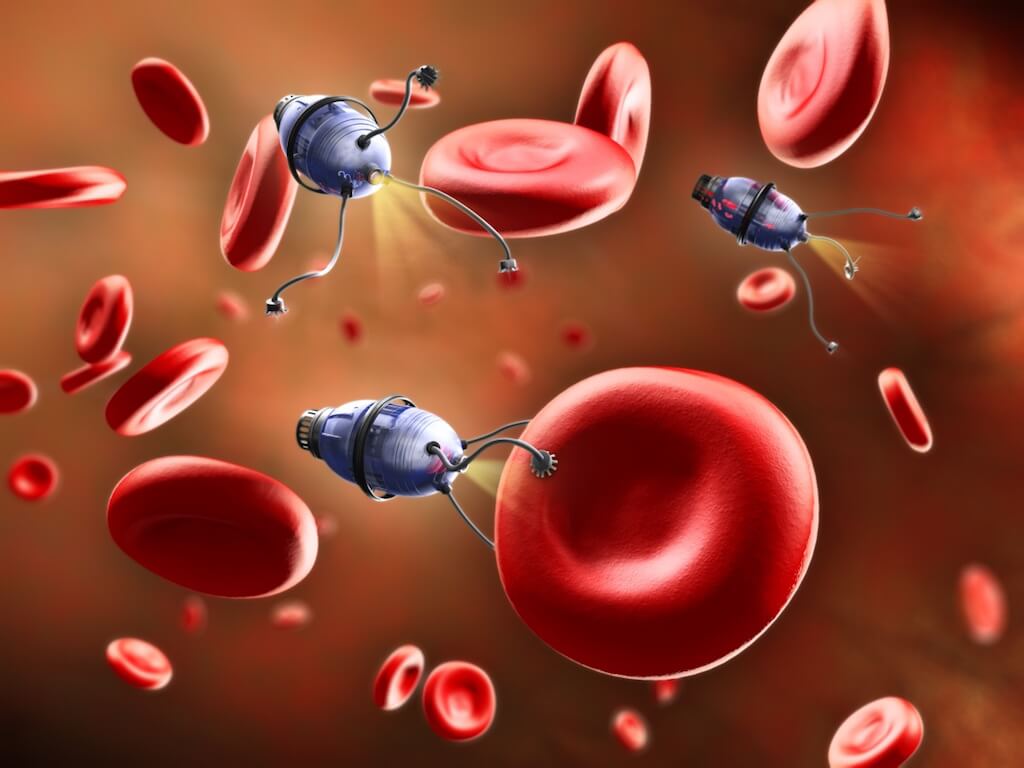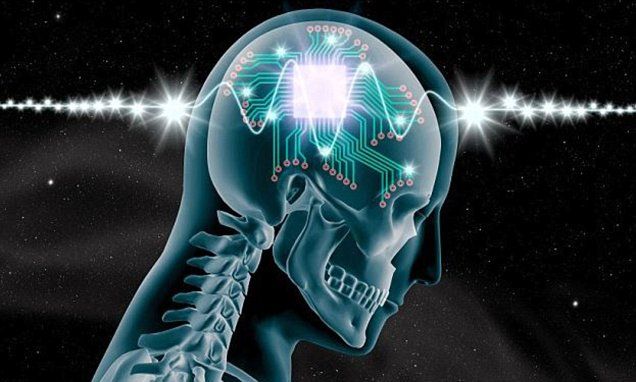Archive for the ‘futurism’ category: Page 1061
Apr 10, 2017
Congrats New York, for becoming the first state to offer tuition-free four-year college!
Posted by Shailesh Prasad in category: futurism
Apr 8, 2017
Upgrading humans into GODS will be the next ‘billion dollar industry’
Posted by Shailesh Prasad in category: futurism
The next billion dollar industry will not be a service or product – it will be upgrading humans, an expert has revealed.
It has been suggested that humans will have access to technology that will allow them to ‘upgrade themselves into gods’.
Bestselling author Yuval Noah Harari has also warned that because not everyone will be able to experience the upgrade, due to costs, there will be a divide that could spark ‘old racist ideologies’ — but this time, differences will be ‘engineered and manufactured’.
Continue reading “Upgrading humans into GODS will be the next ‘billion dollar industry’” »

This store lets you create a 3D model of yourself.
You can get a 3D selfie from a store in New York.
We’ve been working on something for quite a while now, and we are excited to share a teaser of what we’ve been up to.
I’m happy to announce.
Apr 6, 2017
This New Type of Male Contraceptive Not Only Prevents Babies; It’s Completely Reversible
Posted by Shane Hinshaw in category: futurism
Until now, men have had only two serious options for preventing baby-making: condoms or ‘the snip’.
A promising new product could be set to change all that, with animal trials indicating that it’s not only close to 100 percent effective, but that it can also be fully reversed, making it less drastic than the vasectomy while still offering similar benefits.
Trademarked under the name Vasalgel, the contraceptive is a polymer gel being developed by the non-profit Parsemus Foundation in California, which aims to “find low cost solutions that have been neglected by the pharmaceutical industry”.
Apr 6, 2017
RegenVillages: Holding, B.V R-Gen, Incorporated — Delaware C-Corp ReGen Labs — non-profit research in resiliency and regenerative system design
Posted by Klaus Baldauf in category: futurism
Holding, B.V. R-Gen, Incorporated — Delaware C-Corp ReGen Labs — non-profit research in resiliency and regenerative system design.
Apr 5, 2017
Parks of the Future May Include Elevated Walkways Through Trees
Posted by Shane Hinshaw in category: futurism
ArchitectureParks of the Future May Include Elevated Walkways Through Trees With their bold design, one New York–based architecture firm is pushing the boundaries of how public parks should be created.
Apr 4, 2017
Ethical Issues of The Future of Medicine: The Top 10
Posted by Klaus Baldauf in categories: biotech/medical, futurism

https://youtube.com/watch?v=Gi0Ca50HlHA
The future of technology is full of threats and dangers we can prepare for. Here is a top list of ethical issues in medicine and healthcare.















